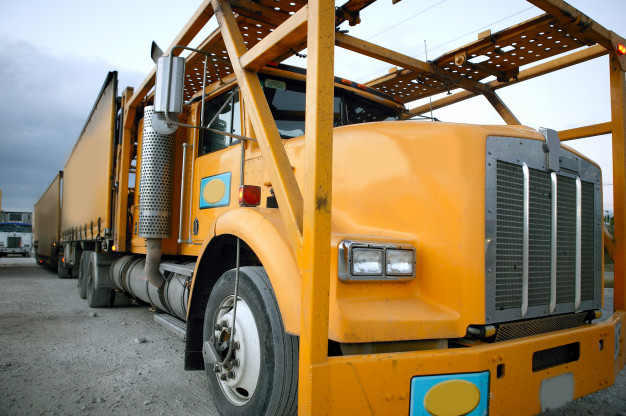Tag: Heavy Haul

Get to Know Interstate and Intrastate Heavy Haul Transport
Heavy haul fleets offer interstate and intrastate transport choices, and both cover different regulations and protocols. Interstate hauling refers to the trucks that cross state lines in delivering cargo. Intrastate, meanwhile, means the fleet operates locally. Its permit and operational limitations don’t allow it to cross state lines. They also differ in terms of regulations they have to comply with. Regulations Covering Interstate Heavy Haul Fleet: The Federal Motor Carrier Safety Administration is the primary agency that oversees and monitors interstate heavy hauling fleets. Trucking companies need to comply with the Federal Motor Carrier Safety Regulations and the Hazardous Material Regulations. Of course, each state has its regulations, fees, and permits covering cargo trucks that pass its borders. Regulations Covering Intrastate Heavy Haul Fleet: For intrastate operations, the state has the primary responsibility to ensure that the fleet is following all rules and regulations governing transport. Typically, the rules and regulations are the same as the Federal Motor Carrier Safety Regulations. But some states, due to the products they move, have stricter quarantine regulations. They also have different rules on the number of hours a truck driver needs to be on the road, the health qualifications, and age limits. What is a DOT number? The Department of Transportation, where the Federal Motor Carrier Safety Administration is attached, assigns different numbers to heavy haul trucks. For instance, there’s a particular number if the truck is transporting hazardous material across state lines. The same goes for the weight of the cargo or if the truck is carrying 9-15 people. For intrastate trucking operations, the regulations vary. Some states don’t require a DOT number and some do. The DOT number should not be confused with the DOT certification. If the fleet is DOT certified, it simply means that the truck driver possesses the competence, skills, and knowledge to drive such a big vehicle across the country. Truckers can’t secure a commercial driver’s license without this DOT certification, and they have to renew their permit every two years. State authorities always check the DOT certification when they flag down delivery trucks and heavy haul fleet. Fees: In terms of fees, it stands to reason that when the fleet routinely crosses state lines, it is subject to much higher fees. To illustrate, their insurance coverage is higher because they are exposed to more risks. The longer the truck driver is on the road, the higher the risks he would be exposed to. Each state also has its fees, surcharges, and levies. For intrastate cargo, the fees, license plate, and insurance coverage are lower. Again, each state has its own rules covering fees, so for the most part, the trucking company only has to worry about those. These regulations are necessary considering that the trucks remain the primary mode of transport for cargo across the US. For example, statistics show that trucks carry 80% of the total cargo that’s shipped around the country. The industry is also worth $726 billion every year. Read Also: Why Times Are Tough For Truckers And Why It Concerns You How Servicing For Your Commercial Boiler Works: A Step-By-Step Guide To The Process
READ MOREDetails















